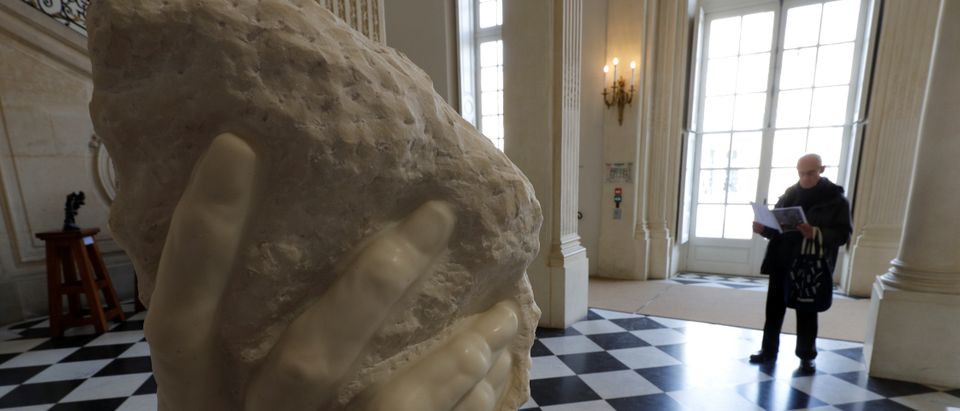Agnostic physics professor Alexander Vilenkin did it. He ‘proved’ that, contrary to thousands of years of secular and Christian philosophers, something can come from nothing. All that are needed are zero energy and a quantum event.
That cheering you hear comes from legions of agnostics and atheists gleefully declaring “see, we told you so!”
Actually, no, Vilenkin didn’t prove something can come from nothing, argues philosopher William Lane Craig, who contends that there is a big, fat hole in the argument posed by the agnostic director of the Institute of Cosmology at Tufts University in Inference: The International Review of Science 2017.
So who is right? Here’s Vilenkin’s argument:
The energy of the gravitational field is negative; it is conceivable that this negative energy could compensate for the positive energy of matter, making the total energy of the cosmos equal to zero. In fact, this is precisely what happens in a closed universe, in which the space closes on itself, like the surface of a sphere. It follows from the laws of general relativity that the total energy of such a universe is necessarily equal to zero. . . .
If all the conserved numbers of a closed universe are equal to zero, then there is nothing to prevent such a universe from being spontaneously created out of nothing. And according to quantum mechanics, any process which is not strictly forbidden by the conservation laws will happen with some probability. . . .
What causes the universe to pop out of nothing? No cause is needed …
Not so fast, claims Talbot Seminary Professor Craig, an evangelical Christian thinker who was named last year as one of the world’s 50 most influential philosophers. Craig points to the critical assumption underling Vilenkin’s logic:
“The absence of anything to prevent the universe’s coming into being from nothing does not imply the metaphysical possibility of the universe’s coming into being without a cause. To illustrate, if there were nothing, then there would be nothing to prevent God’s coming into being without a cause, but that does not entail that such a thing is metaphysically possible. It is metaphysically impossible for God to come into being without a cause, even if there were nothing to prevent it because nothing existed.
Vilenkin, however, infers that ‘no cause is needed’ for the universe’s coming into being because the conservation laws would not prevent it and ‘according to quantum mechanics, any process which is not strictly forbidden by the conservation laws will happen.’
Vilenkin assumes that if there were nothing, then both the conservation laws and quantum physical laws would still hold. This is far from obvious, however, since in the absence of anything at all, it is not clear that the laws governing our universe would hold.”
Both of these men think at levels the rest of us will never reach, but their debate is vitally important to all of us. To understand why, it’s necessary to put Vilenkin’s thinking in the context of the Red Shift and the Big Bang theory.
When Edwin Hubble confirmed the Red shift in 1929, it meant the universe is expanding from a finite starting point, thus the “Big Bang” theory that the universe was created from an as-yet unexplained cosmic explosion that occurred in the distant past.
But the Big Bang required a Big Banger, which in turn prompted another explosion, namely of philosophers and scientists, not all of whom came from religious perspectives, arguing that there had to be something for the explosion to explode, which means there had to be a creator of that something.
Another consequence of the Red Shift/Big Bang discoveries was the reinvigoration of Christian philosophers like Craig. It’s hardly ever discussed in the mainstream media these days but many academic philosophy departments now include philosophers who are Christian or who believe the universe has an intelligent designer.
Why should you care about these lofty speculations? If the universe just happened without a designer or First Cause or God, then there is no rational basis other than self-interest for valuing, for example, human life. You’re here, then you’re gone and it makes no cosmic difference.
If God exists, then He can design the universe, including us humans, as He desires. We are, in St. Paul’s evocative analogy, clay and God is the potter. He can also establish moral laws and endow our individual lives with eternal significance and purpose.
So, what will it be for you, meaningless existence in a purposeless vacuum or a life lived for reasons that extend into forever?
Mark Tapscott is executive editor of the Daily Caller News Foundation and chief of its Investigative Group. Follow Mark on Twitter.












